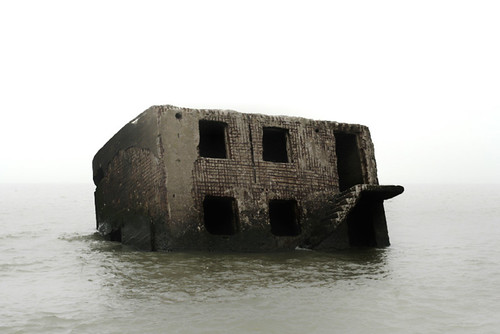Im, an ethnic Latvian from Latvia.
Some comments about Hanna's posts.
Yes, some chauvinists (Osipov, Linderman, local stalinist party PCTVL(ЗАПЧЁЛ)) are spreading bullshit about nazism here.Also the way that the Russian speakers are treated in the Baltic states have been getting a lot of press.
Actually I think russians here are treated quite OK.
We have state funded education in Russian.
Also most of advertisements are bilingual.
Russian TV, Radio, etc are freely available.
If you really want - you can live not knowing Latvian (almost) at all - and some people do - hell, some of them are even elected in our parliament (Saeima).
Actually sometimes latvians are discriminated against
- for example I once was at a job interview, and CEO refused to speak Latvian.
Also there are a lot of job ads that require knowledge of russian, not because it is needed for job,
but because it is needed to speak to local inhabitants of Latvia that for some reason haven't learned Latvian.
I cannot speak russian almost at all, but can understand almost everything.
About non-citizenship - actually our naturalization program is quite liberal - you just need to know Latvian - that is pretty much it - there are no insane requirements like in Switzerland for example.
And most of young russians know Latvian pretty well - non-citizens are mostly people 50+ years old and older -
and also people who need to visit Russia frequently, because if you are Latvian non-citizen - you do not need Russian visa - I live ~30 km from Russian border, and I haven't been there because of that.
No - It was cancelled ~5 years ago.I think all the Baltic states have mandatory military service.
Yes - corruption still is an issue here - of course it's not that bad like in Russia, but situation is clearly improved compared to 90s.In Sweden there have been lots of scandals around money that's gone to the Baltics and "disappeared" and investments that have failed
Sign says that 85% from project is financed by EU.My tax money being spent... hm! Is anyone able to understand Latvian?
It is about renovating some kind of communication networks.
Latvian and Lithuanian are closest neighbors to Slavic languages - particulary Eastern Slavic languages.It is a truly strange language!
That's why russian words (especially russian mat) flow into Latvian quite naturally.
There are no good swear words in Latvian- we must borrow them from russian.
Yes, and russians add second endings to all latvian names - which is kinda stupid.Among other things, they add an "S" at the end of all male names... For example: Vladimirs Putins, etc!
For example
Jān-is - Ян-ис
Jān-im - Ян-ис-ам
I am no russophobe, but after incident in Georgia in 2008 Russia appears to be a real threat - but they probably won't attack NATO member.since the "enemy" they are preparing to potentially fight, has to be Russia.
It is better - in Estonia they are less tolerant.I thought the situation for the Russian speakers was better in Latvia
And yet some people think that Latvia is not a sovereign country, but some kind of autonomous oblast of Russia and refuses to learn local language - like in Soviet times.Baltic people have already made their views about being part of the USSR 110% clear
They probably would like that all latvians speak russian so they don't have to learn latvian at all.
Actually most of Riga is quite safe - from your pictures - I think you were visiting "Maskačka" - shittiest part of Riga - (It also happens to be near Old town),I would not walk alone on the streets of Riga late at night
full of "gopniks" (mostly russian speaking criminals and drug users) or "urlas" as we latvians call them
Yes I will not go alone there either. But in other parts of the city - It's not that bad.
But Belarus recently devalued their currency by 50%Apparently the monthly income is about 500 - 600 USD which is about the same as Belarus
Their kolkhoz type economy is falling apart.
And people are protesting.
When russians are no longer subsidizing Lukashenko kolkhoz - their "miracle" came to an end.
And also - outside Old town prices are lower - Old Town is for rich tourists
There is - I have 100 MB/s at home for ~15 EURI thought they were supposed to have super fast broadband in the Baltics?



 2Likes
2Likes LinkBack URL
LinkBack URL About LinkBacks
About LinkBacks






 Reply With Quote
Reply With Quote .
.





